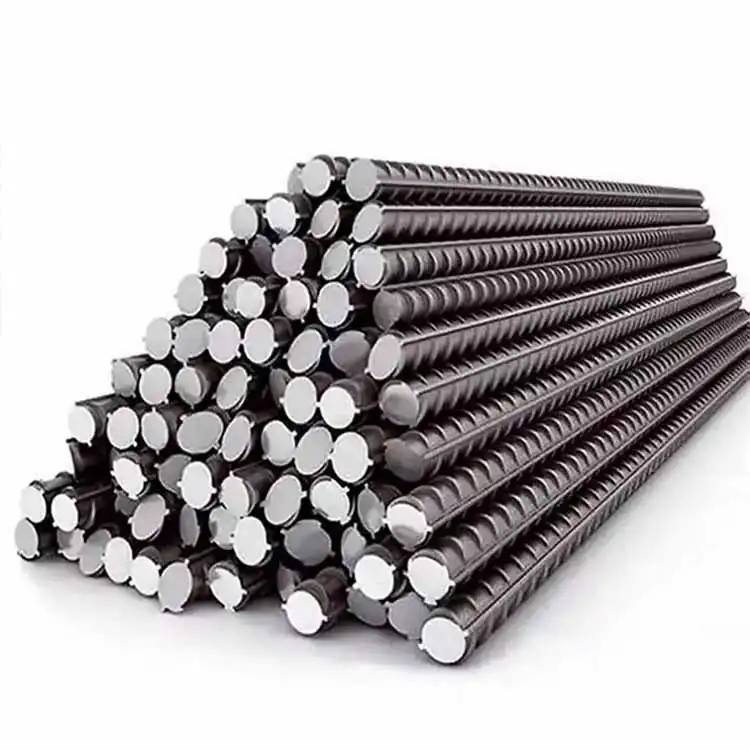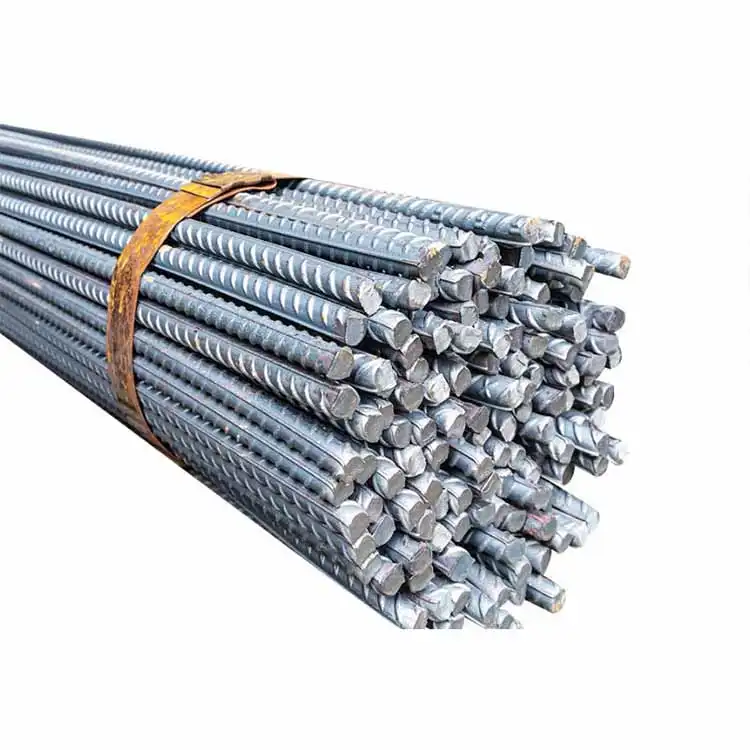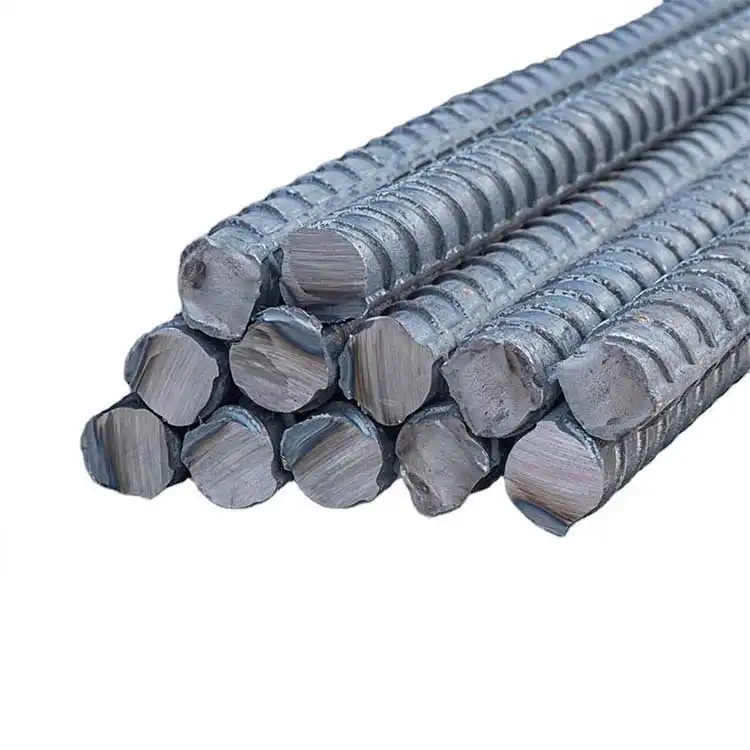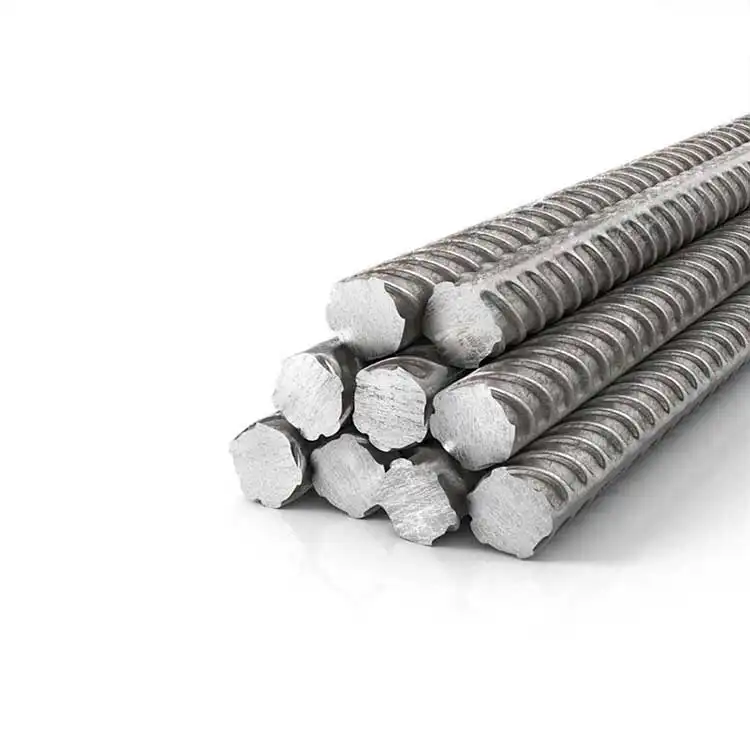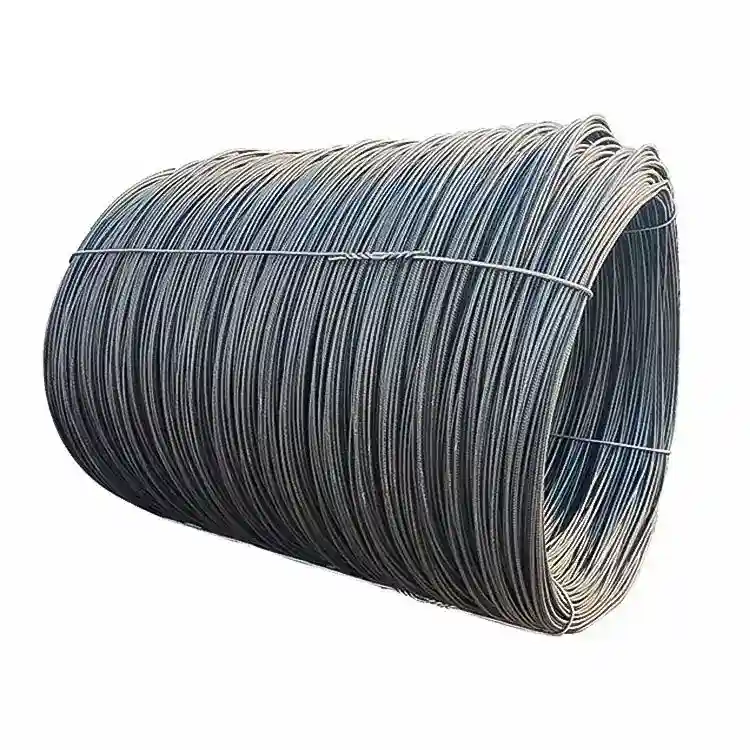
PRODUCT CENTER
CONTACT US
If you are interested in cooperation, please contact us immediately, we will give you feedback as soon as possible!
+8615315550509
Mobile
Rebar makes concrete several times more resistant to failure. It provides tensile strength using a reinforcing bar that is resistant to corrosion. If you want to make your concrete structural, rebar provides much stronger support than steel wires, reinforcing fiberglass and many other products on the market.
VIEW MORE +
Rebar refers to steel for reinforced concrete and prestressed reinforced concrete. There are many types of steel bars, usually classified according to chemical composition, production process, rolling profile, supply form, diameter size, and use in structures.
VIEW MORE +
Deformed steel bars have ribs, lugs and indentation on the surface of the bar, which reduces the major problem that is faced by mild steel bar due to slippage and good bonding is achieved between concrete and rebar. The tensile properties is higher compared to other rebars.
VIEW MORE +
Steel bars for reinforced concrete refer to straight or coiled steel bars used for reinforcing reinforced concrete. Their shapes are divided into two types: smooth round steel bars and deformed steel bars. The delivery state is straight bars and coiled bars.
VIEW MORE +
Steel reinforcement bars or rebars are used to improve the tensile strength of the concrete, since concrete is very weak in tension, but is strong in compression. Steel is only used as rebar because elongation of steel due to high temperatures (thermal expansion coefficient) nearly equals to that of concrete.
VIEW MORE +
Compact spooled coil rebar benefits include increased production rates, improved material yield, and safety. Spool weights available from 4,400 pounds to 11,000 pounds.
VIEW MORE +
CONTACT US
Tel : +8615315550509
E-mail : sales06@xyfmetal.com
WhatApp : +8615315550509
Add :Shandong Province, China


GET A FREE QUOTE
Copyright : Shandong Taigang Metal Products Sales Co., Ltd. SEO BUSINESS LICENSE
We use optional cookies to improve your experience on our website, including through social media connections and to serve personalized advertising based on your online activity. If you reject optional cookies, we will only use cookies that are necessary to provide you with the service.


